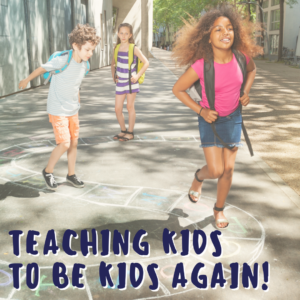Interview with Kim Moore
With months of our children being separated and sometimes isolated, and with the pandemic once again heating up, this school year will be different than others. One longtime area teacher says it may not be for the reasons we might expect, though. Read how she plans to approach being back at school.
Ask 25-year elementary teacher Kim Moore what she expects when classes begin Sept. 8 at Olympia’s Hansen Elementary School and she laughs and says, “It’s hard to figure out where to begin.”
Because of COVID, some of her third graders will have been at home and some will have had a hybrid home/in-school experience.
“We’re going to have a huge gap in abilities – some kids will have effectively lost a whole year, other may be close to grade level,” she said of their different outcomes.
That’s why she says communication between parents and teachers will be more vital than ever.
“To bridge that gap, we’re going to have to have parents involved,” letting teachers know what and how their kids have learned, she said. Teachers will need to know what their students’ experience has been – what they learned, what they struggled with and more about their educational experience at home.
“My biggest concern is about kids being kids again,” she said.
Many kids haven’t had many social interactions with their friends or other kids. “They have not learned how to play together and have fun” – kids just being kids, she said.
“I can teach them how to add and subtract and multiply, but they have to be in a place where they are ready to learn. Academics will come. We need them to be OK socially, to learn to play together again.”
She said this is another reason parents will need to stay engaged. Parents may have been in-home teachers during the pandemic, but she doesn’t want them to think, ‘they’re back in school, so I don’t have to worry about school.’ “Parents really need to stay involved.”
The school year will begin with pandemic issues still molding parts of the school experience for both students and staff. Masks, social distancing, hand-washing and other COVID-related practices have changed the school experience and likely will continue to change, calling for everyone to adjust.
Emotional stress on families, too, can find its way into the classroom, she said. For instance, parents who never needed help may now need support because of their changing economic situations. Schools do have resources that can aid parents – they need to know about them and ask about them.
“We still don’t know what it will look like,” she said. “We have all those unknowns again.”


Kim Moore, Teacher
Hansen Elementary School
